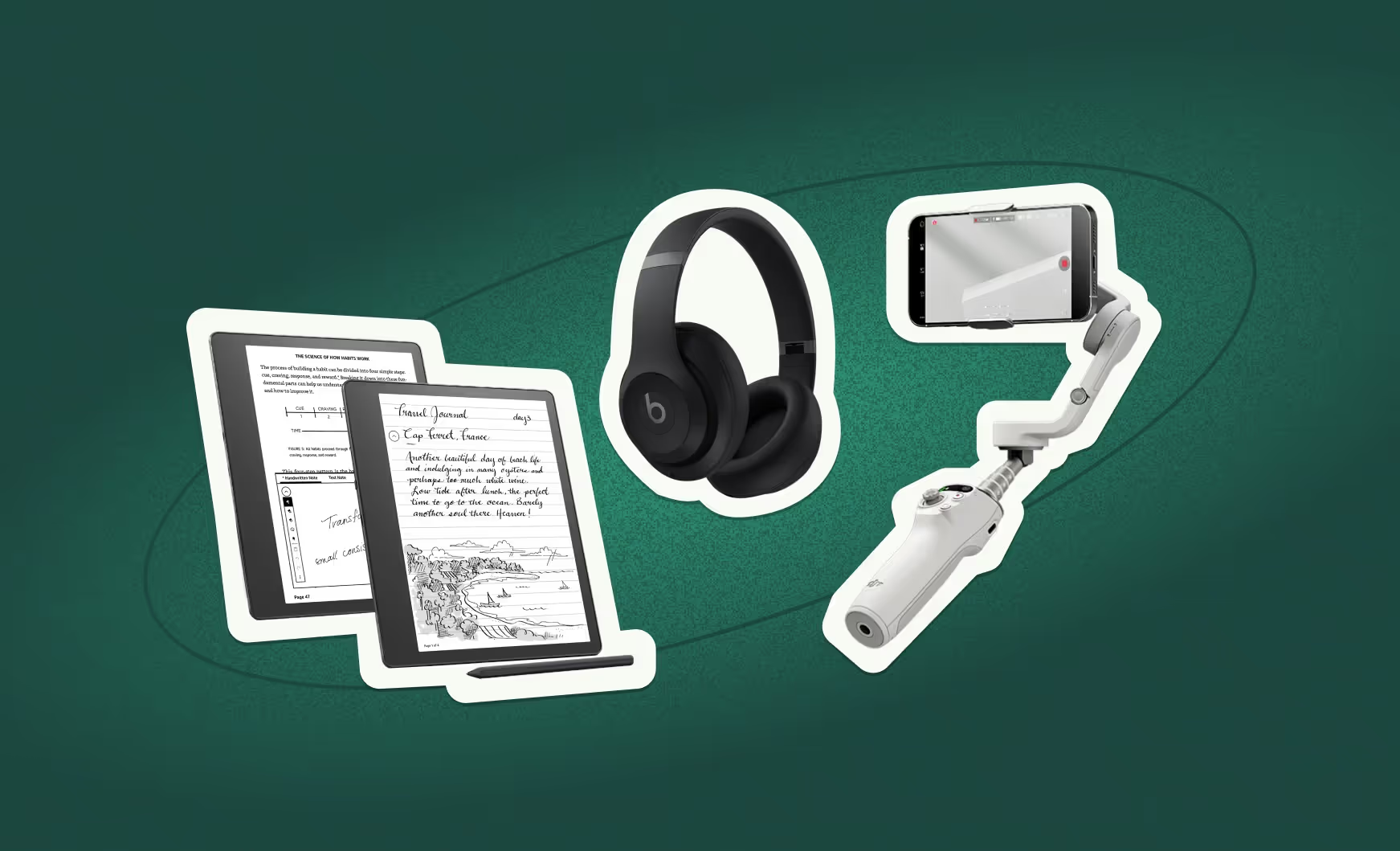There are a lot of different components that go into producing good quality online course material. Writing audio scripts for your online course videos before recording is a great way to ensure that you produce the best quality content possible. Some creators love to prepare in advance, while some prefer to stand in front of the camera and “wing it.” It doesn’t matter which camp of creators you fall into, the benefits of having an audio script before filming shouldn’t be ignored.
Don’t “wing it”
1. Audio scripts help with your content structure
The secret to quality, informative video is the structure. Students come to you looking to learn something new or to solve an issue they have. Offering them structured, well-paced course material is the best way to deliver what they’re looking for. It’s also the best way to record your video or audio.
Each of your online course videos should have a clear and simple structure, with an introduction to the topic or module, the body with the juicy information, followed by clear takeaways and call to actions your students can take once they’re done with the module. Writing an audio script before recording ensures that you know the flow and the structure of your lesson, and you won’t be scrambling in the middle of the filming session or repeating yourself.
2. Prep minimizes time spent editing
Editing is the part of online course creation that ties everything together and makes the finished product great. And because of that, it’s a task that can take hours of your time.
Having an audio script when you’re recording can help you minimize the time you spend post-production editing the course material. You’ll have a structured recording, which follows the clear script, only needing to cut out the parts where you stumbled over your words or made a mistake.
A little bit of extra time spent beforehand can save a lot of time and effort later.
3. Remember to maintain consistent quality
Consistency is a crucial component of any business. When students buy your online course, they expect to receive a product that is well-produced and cohesive across the board, without any surprises in between the modules. Audio scripts help you ensure that the overall quality of your online course material is consistent. When writing and editing the scripts, you can easily maintain a cohesive tone of voice.
Also, you can use the same structure for each module or lesson, which your students will appreciate. They’ll know what they can expect from each lesson before diving in, allowing them to better consume content and learn.
The fool-proof strategy to writing a great audio script
Whether you’re a seasoned writer or not, everyone can easily learn to write a great audio script. Here is a six-step strategy you can follow to efficiently write audio scripts for your online course lessons:
1. Create an outline or a plan for your course
The first thing you will want to do when writing an audio script is planning your lesson and creating a rough outline. As we already discussed before, the structure of your modules is crucial to maximizing the value your students get, and an outline will help you do just that.
If you’re unsure where to start, try by answering these questions when planning:
- What is the goal of this lesson?
- What issue/need do my students have?
- How can I help them solve it with this topic/module/lesson?
Knowing the purpose and the key point of your lesson will make it way easier to write the audio script.
Once you answered those questions and know what this specific lesson or module will be about, you can outline the structure of the video. There are many different ways you can go about this, but we recommend following the easiest formula:
- Introduction: Quickly go over the lesson and what the students can expect from it, as well as what they’ll be able to achieve by the end of it.
- The “meat”: This is where you go in-depth on the topic you’re teaching. Think about the transformation your students will undergo while they take the lesson.
- Takeaway: End the lesson by highlighting the main points of the lesson, re-capping what the students have learned. Here is where you can give them tools to take action and implement the information they have just learned.
Having a set outline of a lesson before writing the audio script will help you stay on track and be sure that you don’t venture outside the topic you’re writing about.
2. Use storytelling
The truth is dry facts are boring. And an online course filled with them won’t keep your students engaged and interested in your material for long enough. The good news is that you can easily change that by incorporating storytelling into your course material. All the good teachers and experts always use this strategy to make their lessons more exciting.
When you’re writing an audio script for your online course, think about what stories from your own personal experience you can use to further prove the point of your material.
For example: If you’re teaching students how to manage their time better, give them facts and practical tips they can utilize. But also tell them a story of how you personally or someone well-known in the business came about this certain productivity strategy and how it changed the way they plan their time.
When you’re recording a course material without preparation, it might be hard to incorporate storytelling because not everyone has a story or two in their pocket. But when you’re writing an audio script, you have the opportunity to really hone in and tell a story, making your course material engaging and inspiring for your students.
3. Write as you speak
When writing an audio script, write as you speak. Using the conversational tone and active sentence constructions will make it easy for your students to consume and understand the course material. Just imagine that you’re explaining something to a friend over a casual coffee when you’re writing your audio script.
Also, when writing, use short sentences without flowery language that are clear and straight to the point. The key here is making the information your students are learning as easily digestible as possible.
4. Cut out all the jargon
Once you write the audio script, it’s time to move to edits. And this is the part where you’ll be going over the grammar errors and also the words you choose to use.
When editing, pay attention to difficult or industry-specific words that are hard to understand for a general audience or call for a dictionary. You’re an expert on your topic, so it’s natural that you know all the terms and jargon. But the chances are that your students won’t have that knowledge and this can make or break the success of your course.
Unless your online course is for experts specifically, cut out all the fancy jargon from your audio script and make it easily understandable and accessible for every level.
5. Don’t forget to include CTAs
You want your students to take action after they’re finished with the module, right? When writing an audio script, think about the best call to action you can include at the end that would entice your students enough for them to take action.
Your CTA can be anything, like:
- Share this lesson with a friend
- Buy this template
- Sign up for another class/course
An effective call to action can also be a teaser of the upcoming module in your course. When summarizing the current lesson, mention what you’re going to teach next to capture students’ attention.
6. Read your audio script out loud
Reading something in your head can sound very different from reading it out loud. So, the first thing you should do once you finish your audio script is reading it out loud.
This practice will allow you to notice small grammar or sentence mistakes you might have missed while editing, and it will also allow you to better master tone of voice. Also, by reading your audio script out loud, you can determine whether your instruction is easy to understand and whether the text sounds conversational.
If you want to go an extra mile, record yourself while you’re reading it, so you could later listen back and see which parts of your script still need adjustments.
Following these simple steps will help you master writing and recording audio for your online course in no time.
Join more than 150,000 creators who use Teachable to make a real impact and earn a real income.





.png)



